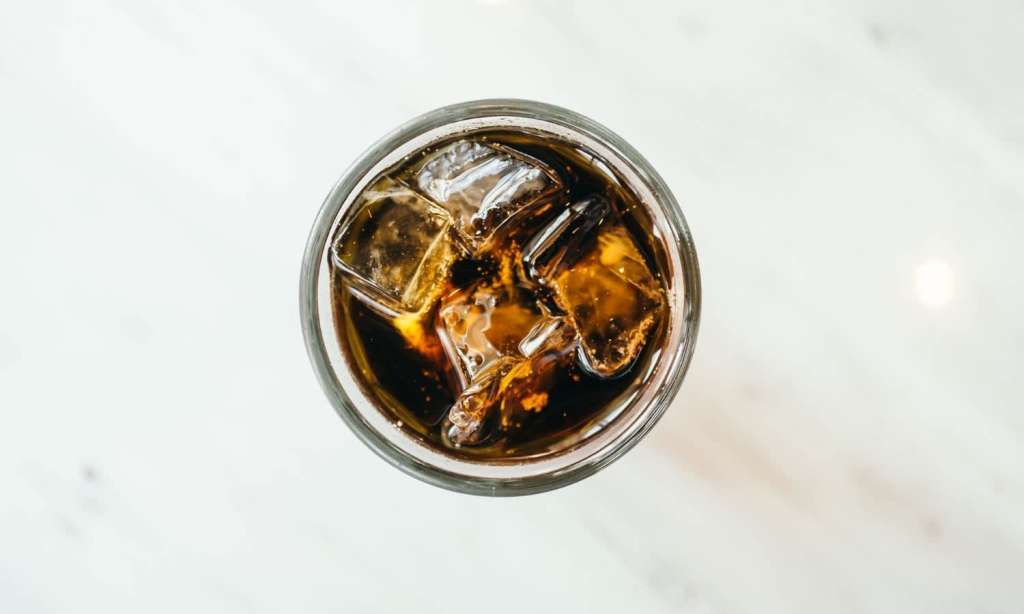In March 2007, Australia became the first country to include a pictorial warning label on cigarette packaging. A few years later, in 2012, Australia became the first country to implement plain packaging on tobacco. All cigarette packaging is now housed in uniform looking packs with a standard colour, font, and a large graphic health warning.
The change in packaging was deemed a success early on in the process, with research from Cancer Institute NSW finding 31% of teens who had experimented with tobacco or previously smoked said that plain packs made them less likely to smoke again.
So, what does this have to do with soft drinks? Well, how would you feel about similar warning labels being applied to your favourite fizzy drink? We all know that sugar-sweetened soft drinks aren’t great for your health and recent research has found simple warning labels on soft drinks could help reduce consumption — much like it has in the tobacco world.
Researchers from the University of Michigan placed warning labels on beverage dispensers in the university cafeteria for one semester in 2019. According to Science Daily, the labels were bright yellow and included the following information: “Warning: Drinking beverages with added sugar(s) contributes to type 2 diabetes, heart disease, and tooth decay”.
Two other cafeterias on the campus served as control sites and didn’t include the warning labels. Nearly 1,000 students were contacted via email before and after the warning labels were installed to ask them to participate in surveys but there was no specific mention of sugar-sweetened drinks.
In total, 840 students participated in the study and researchers found that consumption of soft drinks declined by 18.5% at the intervention site, compared to a decline of 4.7% in the control sites where no labels were used. Students exposed to these warning labels also reduced their consumption of 100% juice drinks by 21% — even though juices hadn’t been labelled as sugar-sweetened beverages.
“The results of this study indicate that warning labels may be effective tools for reducing consumption of sugar-sweetened beverages, particularly beverages such as sweetened teas, pink lemonade and chocolate milk for which the sugar content is not immediately obvious or well known,” said Cindy Leung, assistant professor of Nutritional Sciences at the University of Michigan School of Public Health and lead author of the study.
While the concept of warning labels now seems normal on cigarette packaging, it will probably be a while before we see anything similar on soft drinks labels given how slow governments are to act on these issues. But, it’s interesting nonetheless to see how effective labelling can be on products.
And, while there’s nothing wrong with consuming fizzy drinks every now and then, of course, there has been heaps of research undertaken to find out how these drinks affect your health, which can include an increased risk of heart disease and cancer.
“Sugar-sweetened beverages remain ubiquitous in retail and cafeteria settings. As we explore avenues to promote healthy food and beverage choices, warning labels are a potential tool to reduce their consumption that should be tested in other populations and other settings,” said Julia Wolfson, assistant professor of Health Management and Policy at the U-M School of Public Health and co-author of the study.







